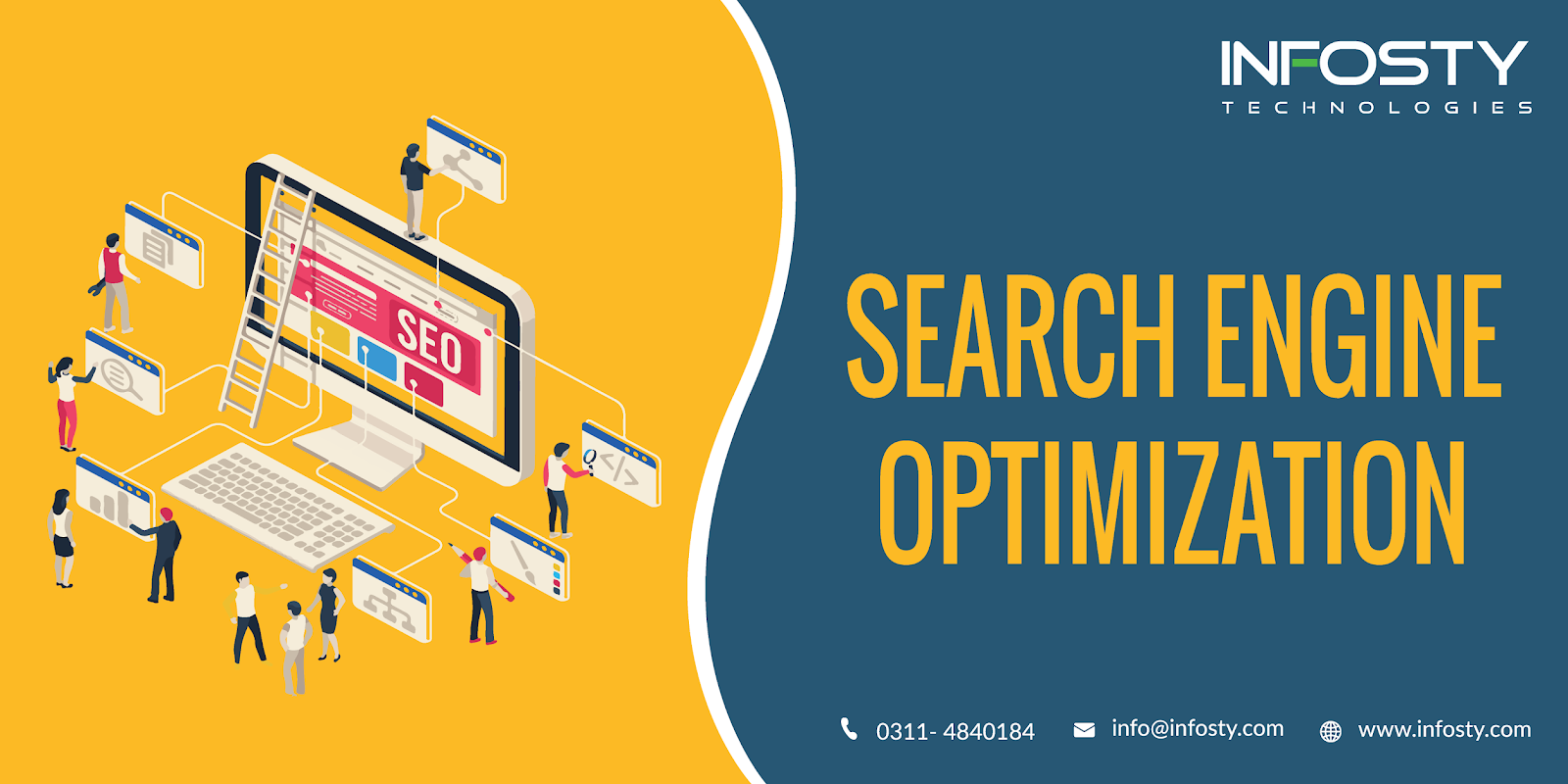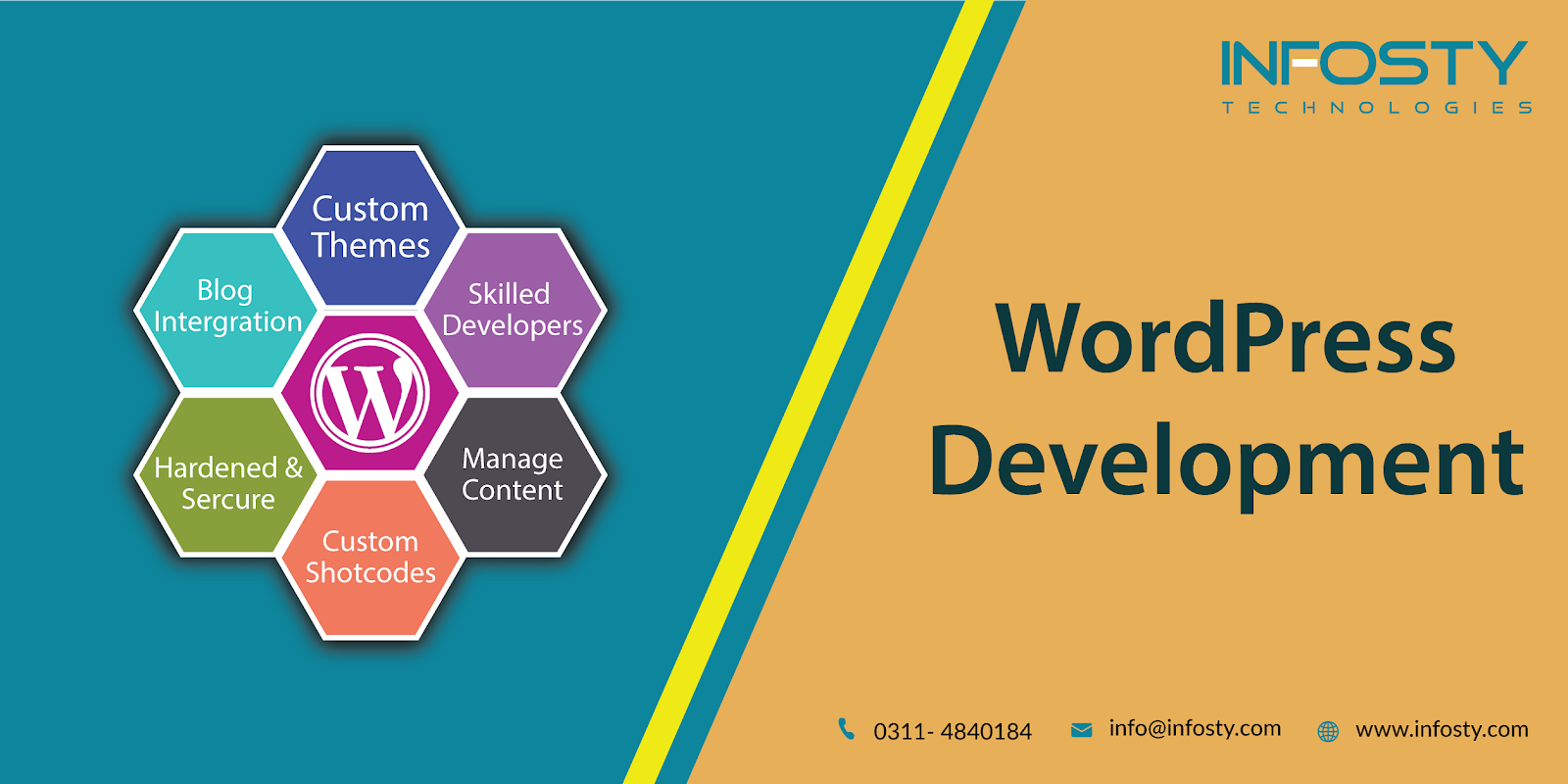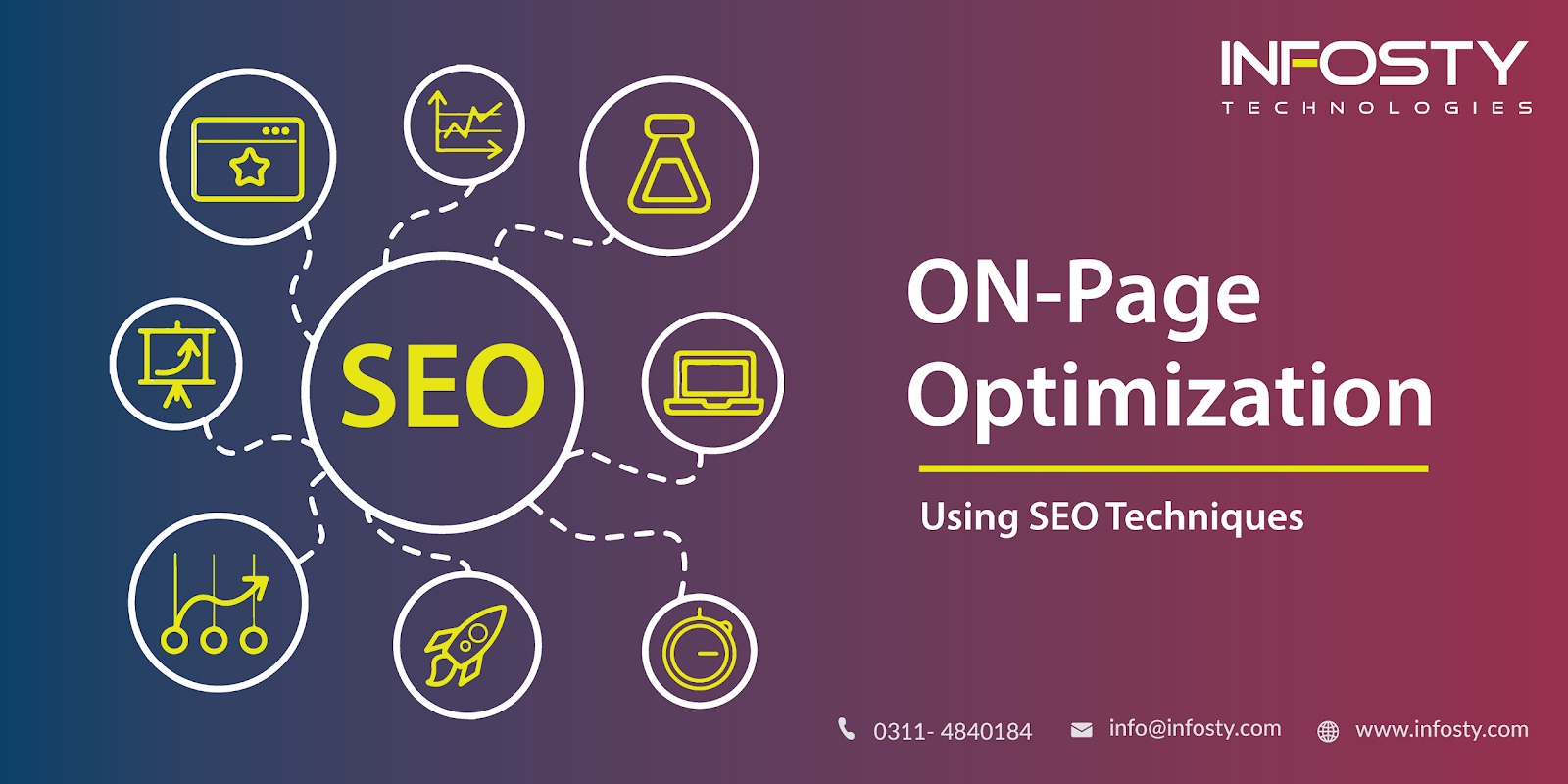How are ERP Solutions Gaining Traction Among Enterprises?
You just read the title
right! Enterprise Resource Planning(ERP) Solutions are definitely gaining a rapidly growing traction among the
small- and large-scale businesses. How do they benefit multiple businesses? Who
provides ERP solutions to the entrepreneur? Ever thought of the reasons why this
software is getting popular among enterprises? Have a quick look below and
you’ll get answers to the questions.
ERP system is a suite of integrated
applications into a common interface, creating an ease for the users to manage
fundamental business operations such as CRM, sales, accounting, customer
support, supplies, purchasing, human resource, etc. Still there exists a number
of enterprises who don’t invest in one fundamentally because they are unaware
of the outstanding support and solutions these applications can accord to their
firms.
How Does an ERP Help in
Operations?
ERP system can be customized
as per the needs of an organization. A typical system consists of the following
modules/features:
· Financial Management: The
feature allows you to monitor your capital outflow and inflow. It generates
reports for financial transactions such as balance sheet, paid or upcoming tax,
bank reconciliation, general ledger, payments, and other expenditures.
· HRM: Popular HRM tools
include time tracker, job profiles, employees’ database, performance measures, skills
matrix, and timesheets.
· Sales and marketing: The
feature allows the authorized person to manage sales-relevant operations like
quotations, inquiries, sales orders and invoices. Sales’ module is typically
integrated with CRM module to speed up the tasks.
· CRM: It is another
module of ERP Software that is
primarily used to foster customer services. It helps customer care center to consolidate
data such as activities on social media, customer complaints, and services.
· Manufacturing: This
module administers the engineering and production sector. It enhances the
efficiency of production through product planning, material sourcing, daily
monitoring, and forecasting.
· SCM: The module uplifts
the operations relevant to supply chain and purchase order. It essentially
automates the entire supply chain of any business.
· Purchasing: The
module makes it simple to manage materials’ procurement including quotation
requests, stock updates, suppliers’ listing, purchase orders and much more.
Why ERP?
After getting known to what
an ERP system does, you should also understand
how does it benefit one’s organizations.
1.
Increased Efficacy
Core
business operations like sales, purchasing, marketing, inventory, etc. are
integrated within an ERP software in a very organized way. Hence, it is easy to
access an organization’s data, streamlining its core operations. In the same
way, it also automates the tasks, reducing the burden of repetitions. For
example, an accountant can efficiently track weekly sales stats direct from the
system, rather than chasing the sales director.
2.
Promoted Collaboration
ERP
eliminates the barriers between different departments of a single organization.
The setup promotes collaboration among entities of different headquarters. A
collaborated culture within an organization propels innovation, stronger the
bond, and make it stand against the competition.
3.
Data Security and Protection
System
stands firm against major data breaches. To have a solo platform to conduct
operations means many people are monitoring data at the same time.
Accessibility to authentic users, lock in to sensitive information, use of
login, Cloud ERP, enabling
administrator to terminate certain quickly etc. can do more than securing your
private data.
4.
Organized Industrial Regulations
ERP
system’s built-in features standardize the rules and policies for all of its
users. It compels them to adhere to strict rules. Regular reporting remains a
vital part of the operations.
5.
Accurate Forecasts
Forecasts
are vital to formulating strategies. One should never ignore the results of
forecasts if business expansion is crucial for them. ERP systems, through
enable forecasts, are found to lend multiple enterprises a standardized process
and enhanced integrity.
6.
Operational Flexibility and Reduced Cost
Flexible
terms and conditions of a system allow an organization to reduce its
operational cost. And trust me, an ERP system really does that! When vital
metrics are monitored in a streamlined way, while disruptions and breakdowns
are anticipated appropriately, ultimately, an organization can operate with a
reduced cost.
Infosty Technologies helps
to Automate Your Business with ERP
Infosty Technologies takes pride
in introducing comprehensive and all-inclusive ERP solutions for your
enterprise. As the name reveals, it is the only product of a technological
world that can lead your company’s operations at the height. Our skilled
developers are never tired of exploring new technologies to provide you the
latest products and ERP solutions. We
use an adequate experience in research and development to fulfill all the needs
of your business. From accounts to CRM, we look after every area keenly and
build a detailed system with properly integrated modules. Each module will
create convenience for your operations. You’ll definitely enjoy our automated
services. Hence, do not think too much to bring a good change to your organization.
We are here to support you 24/7.





Comments
Post a Comment